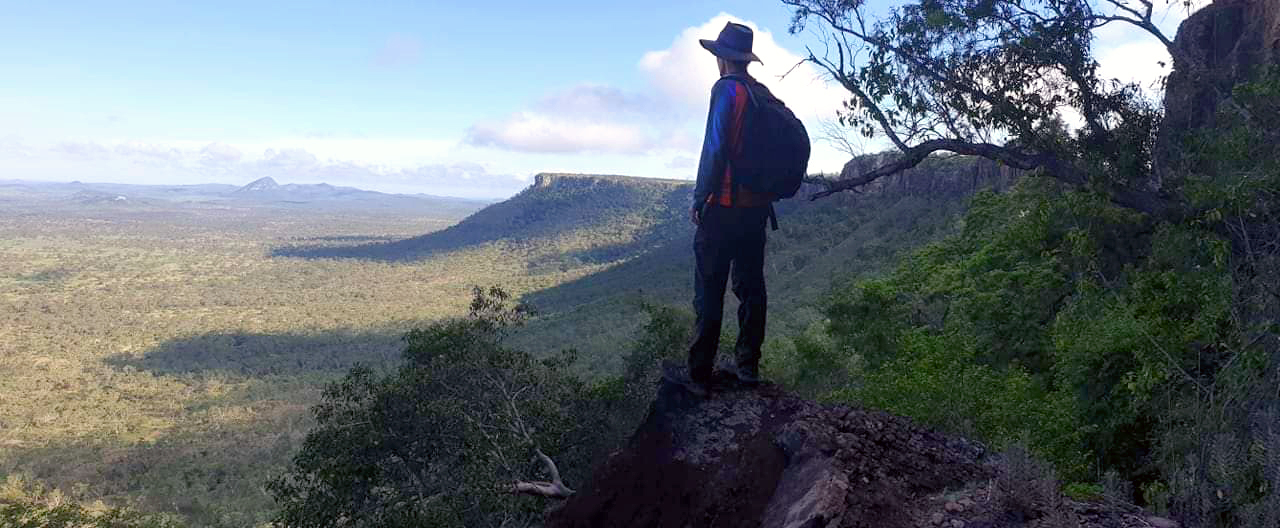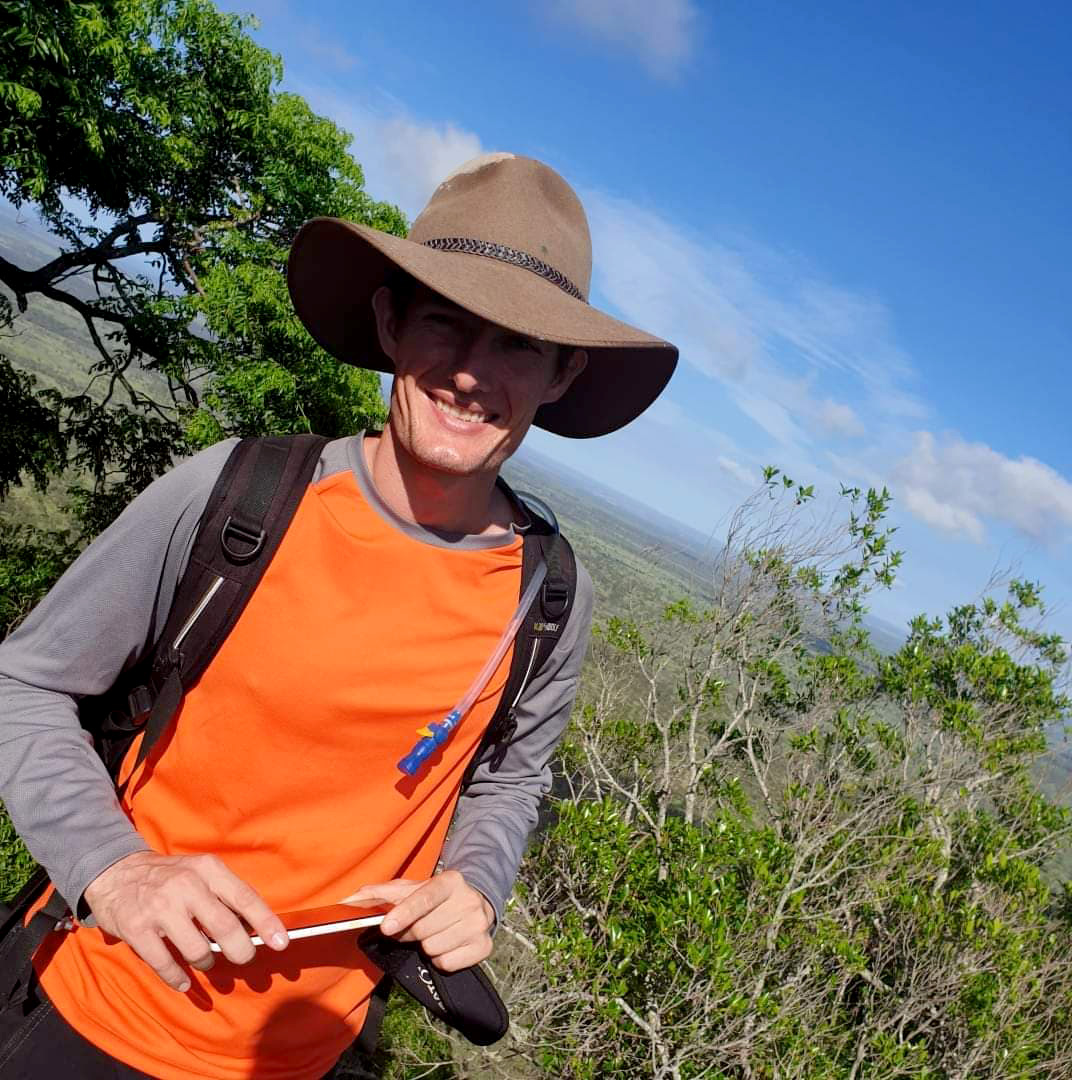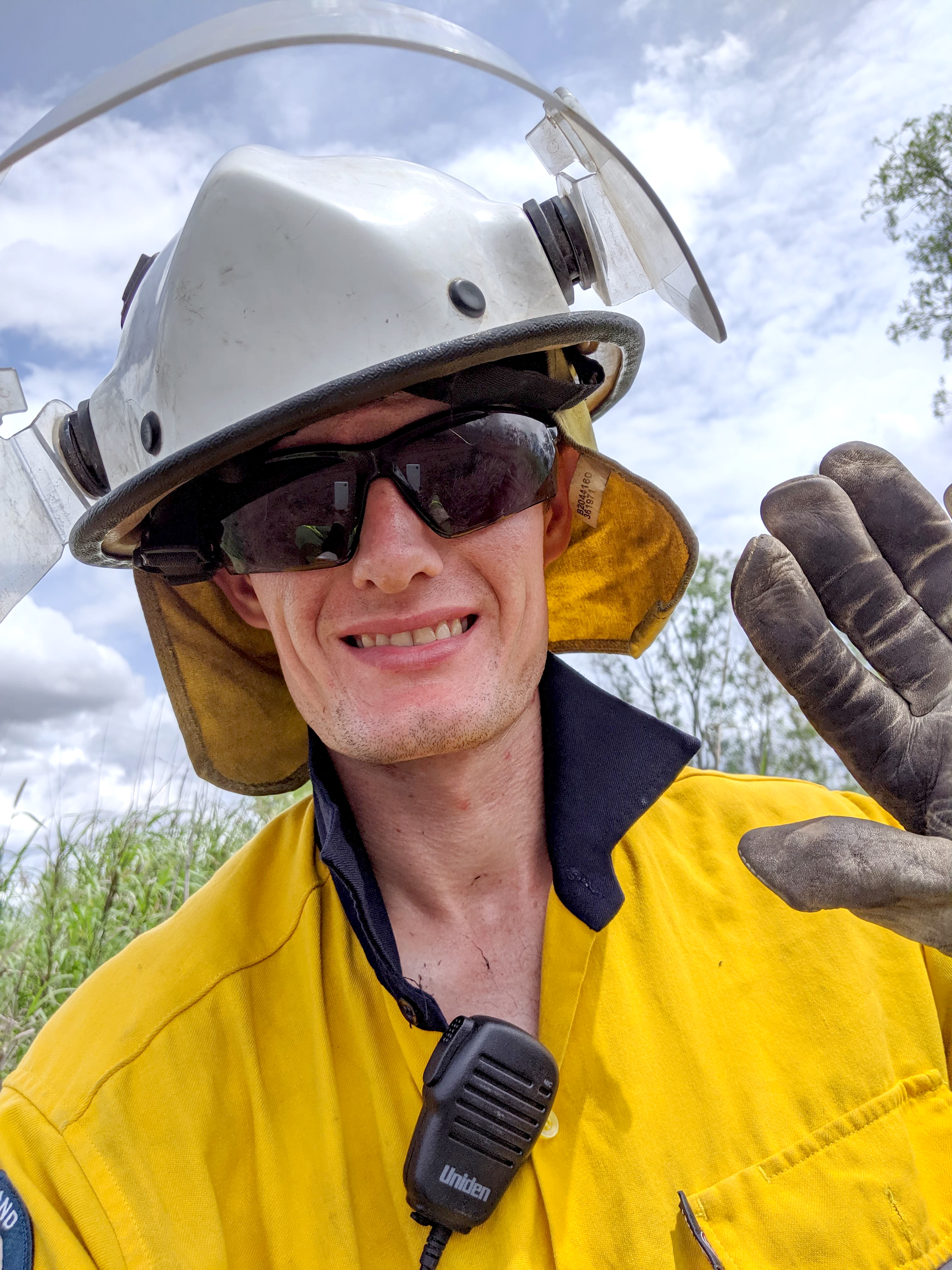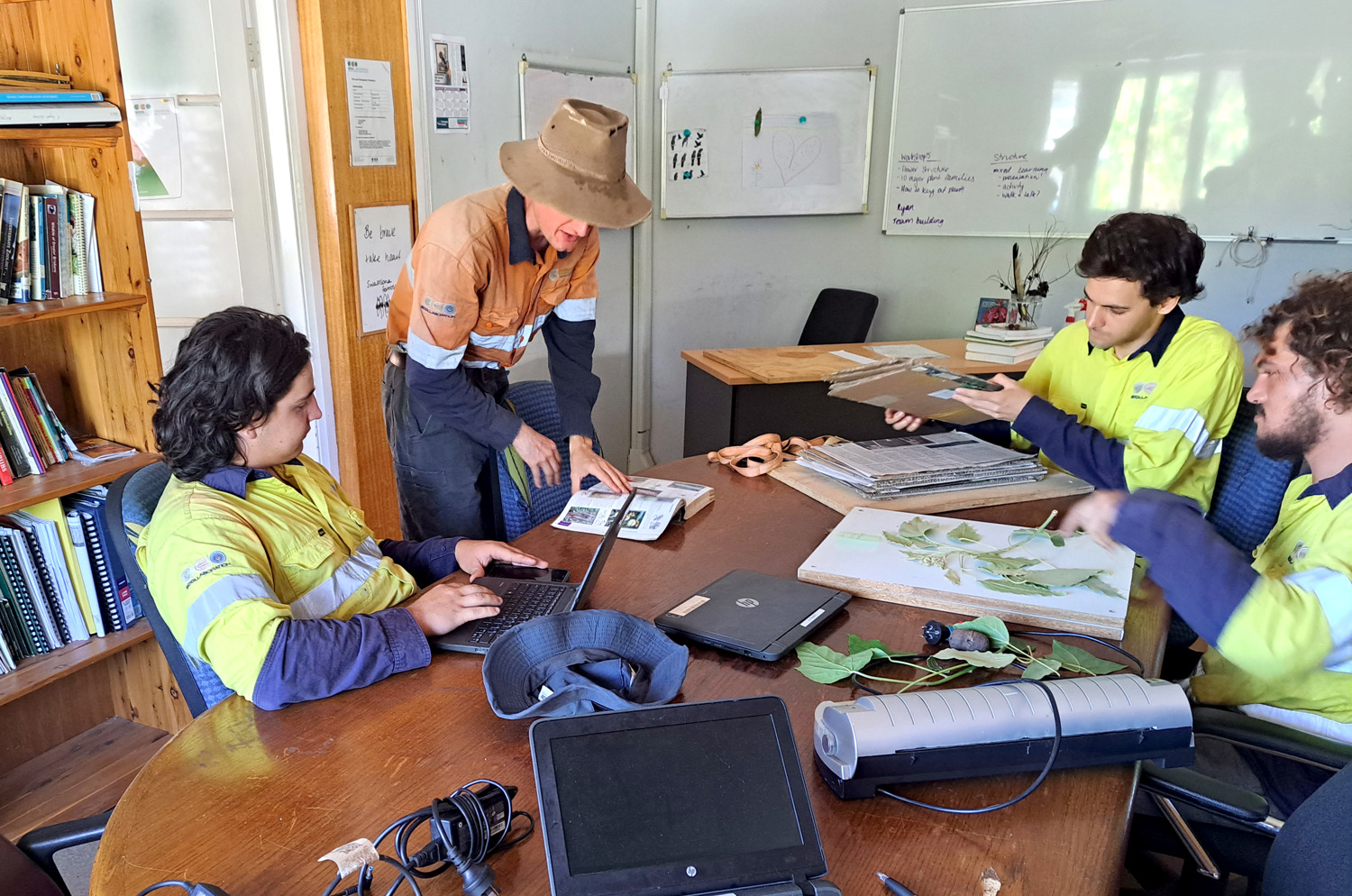He struggled with challenges through high school and was told science was not for him; now Ryan is defying all expectations (especially his own) by excelling in environmental science at the University of the Sunshine Coast, proving in the great experiment of life, perseverance is the key ingredient.
“School” is an emotive word for many people, conjuring up memories of success, struggle, or both.
For 29-year-old Ryan, the word is associated with frustration and self-doubt. School, he said, is something he didn’t do “amazingly at.”
“I didn't understand the academic process, but I was privileged enough to have two parents who supported me regardless of my performance,” he said.
Ryan’s parents immigrated to Australia from Northern Ireland, and with this came the challenge of negotiating a different education system while trying as best they could to offer the academic support Ryan needed.
“At school, I can vividly remember sitting at awards ceremonies, thinking how amazing the people on stage were… knowing I would never be one of those people.”
Nonetheless, Ryan’s love for science propelled him into choosing that field of study in high school, even though he was discouraged to do so.
“I desperately wanted to do biology when we chose subjects in Year 10, but the head teacher advised against that, because I was not doing an OP (the old version of an ATAR score), and students who were not doing an OP did not do science subjects," he said.
"With the support of my parents we fought tooth and nail, and I was allowed to do biology.
“I felt though, that once I’d been labelled as an underachiever, the support options were no longer there, and I wasn’t worth investing in.”
Unfortunately, Ryan failed biology, which threatened his Year 12 Queensland Certificate of Education (QCE).
“In the final parent-teacher interview, my biology teacher told my mum, ‘I am so sorry, Ryan knows all the material, he just couldn't show it when it came to assessment time.’”
Fortunately, Ryan and his parents had a backup plan. He enrolled in a Cert II in Automotive Mechanics, which gave him the points to get his Year 12 Queensland Certificate of Education.
“While doing an exam for the Cert II, the teacher joked about having to get the hieroglyphics out to read my writing which I just laughed off… but it was a hugely emotional topic for me.”
Ryan got an apprenticeship as a mechanic, and then worked as a qualified mechanic until he was 25.
"Mechanics gave me confidence, and while I enjoyed the work and learned valuable skills, there were times I felt something was missing," he said.
That "missing" thing was the calling which had seemed so out of reach, and yet it never ceased to call him.
“Despite being told that science was not for me, I knew I loved science and the environment.”
Ryan decided to “try and become a ranger” for Queensland Parks and Wildlife Service (QPWS). While still working as a mechanic, he volunteered as a ranger with QPWS, eventually becoming a paid ranger.
“For the first time, I felt valued, as they appreciated my mechanical knowledge which is critical to many environmental careers. My confidence grew, as did my determination not to let past challenges with education get in my way.
“As soon as I became a ranger, I began working on my academic skills every night, with no interruption... I often only got six hours sleep."
Ryan then enrolled in an online Diploma of Conservation and Land Management, and despite thinking he was "going to fail," he decided he would at least be happy knowing he'd given it his best shot.
To his surprise, he passed the course, an achievement which spurred his confidence to apply to study a Bachelor of Environmental Science at UniSC.
“I thought, ‘I’m probably not going to get in to uni, and that will be the end of it.’ Then, it was,‘Wow, I’ve been accepted… I guess I am doing this until I fail.’”
“That first semester was tough, I had no confidence… the learning material was coming fast, and I was barely getting through everything," he said.
“In my third week, I sat down with my lecturer, Dr David McKay, and said, 'I feel like I’m not keeping up, I have never been good at school and don’t know what to do'.
“He laughed for a second, then said, ‘How you did at school doesn’t matter, many people who did poorly at school end up doing very well at university.'
“David told me, 'You are meant to feel uncomfortable; it means you are learning. Keep moving forward and trust it will come together at the end.’”
At this moment, Ryan said something clicked, and he “just kept learning.”
He got a high distinction on an assessment, then another and another. Before he knew it, the semester was over, and he’d received a letter for academic excellence. He began to think he “might just be able to do this!”
“As each semester passes, I continue to get good grades, my confidence grows, and my writing ability explodes,” he said.
“My confidence has grown at my new workplace, where I supervise and mentor trainees in conservation and ecosystem management."
Dr David McKay said many students who haven't come straight from high school often "share the initial self-doubt" that Ryan had when he began at UniSC.
"Surprisingly, these are often the students who excel, driven by a passion for their studies that motivates them to learn and develop," Dr McKay said.
Recently, Ryan discovered he was a recipient of the Jill Chamberlain Environmental Science Prize, awarded each year to three third-year students with the highest achievement in environmental science disciplines.
“I was overcome with excitement, pride and disbelief when I saw the email,” he said.
“It means a huge amount to me, as this is the first time in my life that the work I put into learning has been recognised academically."
“I might just be that person up on the stage, after all.”

Bachelor of Environmental Science
Help businesses and governments make informed decisions about how to manage natural ecosystems in this undergraduate course on environmental science.

Bachelor of Environmental Management
Become an environmental manager with this course where you’ll learn how to minimise human impacts on the environment, manage resources sustainably, and conserve and restore habitats, biodiversity and ecosystem services.
Media enquiries: Please contact the Media Team media@usc.edu.au





